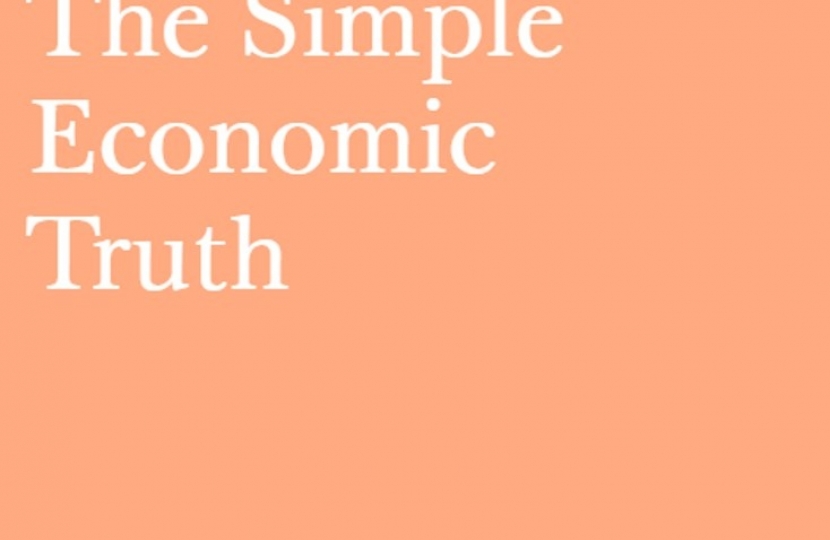
Damian reflects on the Treasury’s analysis of Brexit and makes the case that the UK is stronger, safer, and better off being in the EU, in an article published today in Demos Quarterly.
On 23rd June, we face our biggest national choice in a generation. The outcome will have profound consequences for our economy and the living standards of every family.
It is important we have this debate, and there are people I respect greatly on both sides of it. But on balance, in light of the overwhelming economic evidence and the settlement the Prime Minister negotiated, it is clear to me that Britain will be stronger, safer and better off if we remain in the EU.
From a Treasury minister that message will perhaps not come as a surprise. Treasury economists’ analysis showed that Brexit would make Britain significantly worse off, with a central estimate of a 6% hit to GDP by 2030. That’s £4,300 per household.
The simple economic truth is that trade is good for economic growth, and we shouldn’t underestimate how important for us access to the single market has been, and is, to our trade. There won’t be some radically different alternative arrangement with the EU that Britain could negotiate that would be of comparable benefit. And it’s just not realistic to think we could retain the benefits of the single market without accepting any of the costs or obligations of EU membership. No one else does. And why would other European countries agree to give Britain a better deal than they have themselves?
Contrary to what some say, leaving would not deliver a fiscal windfall from EU contributions saved. A slower rate of economic growth would mean less, not more, tax revenue to spend on our NHS and schools.
The combination of EU membership and the English language has fundamentally underpinned our consistently strong rate of inward investment. In the event of a Brexit, the question is not whether car manufacturers, say, would suddenly up sticks and go. The real question is, when their next investment decision comes up, does the UK being outside the EU make us more likely or less likely to get the investment. The answer to that seems pretty obvious.
As part of the EU we have more negotiating weight in trade deals with other countries from Japan to America. The question is not whether the UK could conduct its own trade talks and eventually reach agreements. The real question is where we would come in our trading partners’ lists of priorities and how much negotiating weight we would have relative to vast emerging markets and blocs like the EU and MERCOSUR.
There has also been productive work done through the EU on shared objectives from the environment to cross-border crime. The question is not whether it is impossible to replicate these arrangements by other means. The real question is how much more effective to work through established multi-nation networks rather than through a long series of bilaterals.
The hard-fought settlement the Prime Minister made with the EU earlier this year should also not be underestimated. It was an agreement that makes clear we will not move to ‘ever closer union’, it safeguards our competitiveness and the interests of key UK sectors, guarantees the position of countries which have not adopted the Euro (and in our case, never will), and curbs the ‘pull factor’ of welfare benefits on immigration.
It was a deal that secured special status for Britain. We remain outside of the Euro and the ‘Schengen’ border-free area, and we are protected from deeper integration. But we will retain full access to the single market and a trading bloc of over 500 million people. We also have commitments to extend the scope of the single market even further, and to complete free trade agreements with more non-EU economies.
The Treasury analysis is clear that none of the proposed alternative arrangements would provide a better deal for the UK than EU membership, whether that be a relationship like Norway’s, or a bilateral agreement with the EU like Switzerland, or defaulting to World Trade Organization rules. Under any alternative, we’d trade less, do less business and receive less foreign investment. And it’s British families who would pay the price of this.
The EU is far from perfect, and there is much further room for improvement. But that isn’t the question on the ballot paper in June. The question is whether, on balance, it is better to be in rather than out; whether we will be stronger, safer, better off. I firmly believe we will.
Article written by Damian Hinds and published in Demos Quarterly, 11th May 2016

